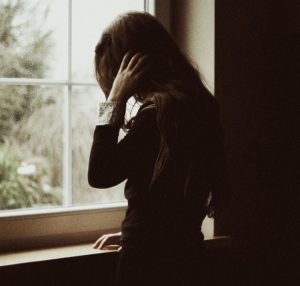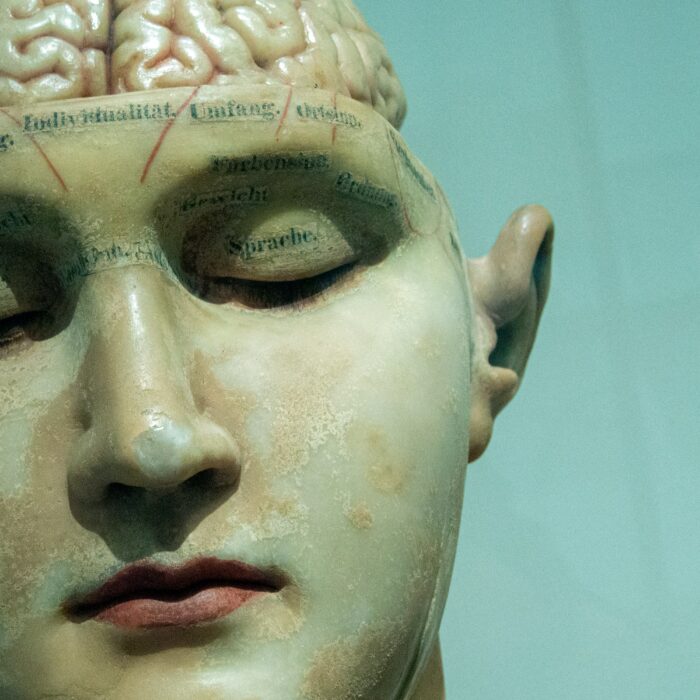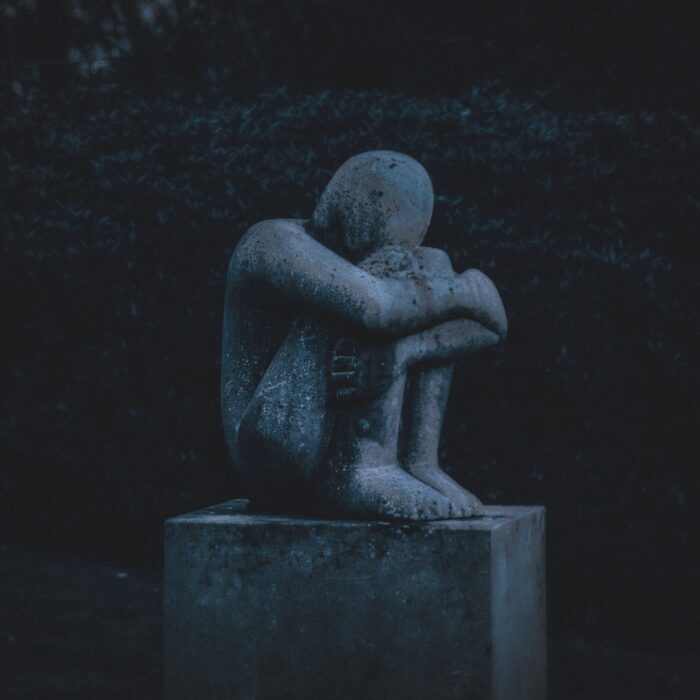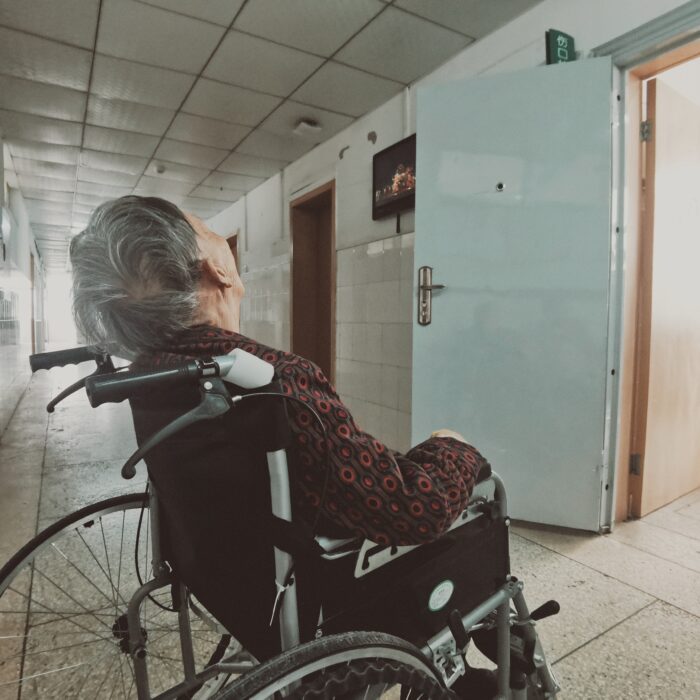You have no items in your cart. Want to get some nice things?
Go shopping The air conditioning is always unreasonably cold, and Anise shivers under two cardigans. Her eyes are drawn outside to the only interesting thing to watch—the people passing by, far below, on the bustling sidewalks. There are mothers with prams, busy-looking women in pantsuits, rail-thin teens with clothes far too baggy to be reasonable. If she strains her ears, she can just faintly hear the cacophony of traffic, blaring horns and the throttle of engines.
The air conditioning is always unreasonably cold, and Anise shivers under two cardigans. Her eyes are drawn outside to the only interesting thing to watch—the people passing by, far below, on the bustling sidewalks. There are mothers with prams, busy-looking women in pantsuits, rail-thin teens with clothes far too baggy to be reasonable. If she strains her ears, she can just faintly hear the cacophony of traffic, blaring horns and the throttle of engines.
Her lower back is sore from having been sitting in the same position for several hours on end today. If she flexes her wrists, they ache. Management has issued ergonomic chairs, ergonomic keyboards, and ergonomic mousepads—as if good design could compensate their bodies into forgiving the work they do. Last Anise has heard, the higher ups were discussing the incorporation of standing desks. They care about the health of their staff. They denied her maternity leave. Said it didn’t count if she never had the baby.
I did, she wants to scream. I did, and it wasn’t breathing.
Anise takes a deep breath. One. Two. She is handling this. She is surviving as best she can. She hates this office and she hates her work and she hates her desk with its stupid chair and stupid keyboard and even stupider mousepad. Sometimes, she feels so full of rage that it incapacitates her. Anger coils in her gut like poison and constricts her throat and fills her ears with the buzzing of wasps.
Her breathing exercises feel unnecessarily loud in the quiet of the office space. She’d be more self-conscious if there were anyone else to witness her breaking down.
Everyone has long since left the office. It’s 7pm on a Friday night.
One more hour, she thinks. A lie. It’ll likely be another several hours.
She hates this place, but she hates the silence of home even more.
#
It’s nobody’s fault. They keep telling her and her husband that, like a mantra. She understands. Anise understands. It’s not her fault. It’s not Liam’s fault. Sometimes the stars align in a way that make chromosomes misalign and her baby growing inside her already has a death sentence.
Everyone strives to be so fucking understanding that Anise can nearly throw up from the sheer ridiculousness of it all. She doesn’t need another person to tell her that there was nothing she could do. Anise has been reminded enough times about how tenuous her control over her own life is, let alone her control on another’s.
They research “holoprosencephaly” online, a word they can barely wrap their tongues around, stumbling over the syllables like a child first learning to walk; they read about it in pamphlets and books, hold each other’s hands as the doctors explain again and again the inevitable outcome of a foetus whose building blocks weren’t quite made right. When they terminate the pregnancy—abortion, Anise finds herself correcting her mother, over and over, we didn’t lose it mum, we aborted it, because it was dying inside me and I’m sorry, Jesus, can you stop making this about yourself for once, think about me—Anise and Liam lie in bed together, side by side, and quietly make up stories about the future this genderless, nameless child of theirs could’ve had.
The only person who doesn’t tell her that it isn’t her fault is her husband. Funny how that works out. Anise supposes it stays true to their wedding vows to never lie to each other.
#
Home is dark when Anise pulls up in the car. None of the lights are on. Darkness stretches like coiling vines across the front of the house. Everything has the eerie stillness that comes with the witching hour. She doesn’t see Liam’s car in the driveway, and there’s a guilty sigh of relief. She’s not the only one avoiding home.
When she walks into the kitchen, there’s a terse note on the countertop telling her that dinner is in the oven to stay warm. There’s a snideness to the superficially loving words, the subtext that they both know she wouldn’t be home until close to midnight. And when she checks on the food, it’s indeed ice cold to the touch.
Anise decides to skip solids tonight, pulls out a bottle of red wine instead and starts making short work of that. She drinks straight from the bottle to avoid needing to clean a glass later. Alcoholism is a slippery road, one she’s watched her brother-in-law struggle with, and she knows that while alcohol can be an escape, it’s not an answer.
In the same way suicide is not an answer, she supposes. You can subtract yourself from the equation, but the problem still remains without a satisfactory solution.
She walks around the house feeling like a ghost haunting the shell of her past life. There are hints of Liam all around her. His scarf over the back of the couch. Mail and bills neatly organised atop the television, easily seen so they wouldn’t be forgotten. Half-empty mugs of long-cold coffee on the dining table, black and burnt in the way he likes. She finds his rolled-up socks haphazardly scattered around, and she remembers how she used to joke about how that was Liam’s way of marking his territory. Thinking on it further, she doesn’t remember the last time she teased him about it.
Talking isn’t something they do much of anymore.
It is in this peculiar mood that she feels the urge to go upstairs and enter the now-abandoned nursery. They kept it, of course, for future children. You can try again when you’re ready. Her mother seems impatient, the psychologist she sees seems professional and worried, and Liam has long since stopped bringing it up.
The nursery is half-finished, painted in neutral pastel yellows, large stickers of cartoon ducks whimsically placed on the walls, her own old white crib in the corner. There are already a couple of plush toys, gifts from eager to-be-grandparents. Entering the room, everything is coated in a layer of dust, and Anise inexplicably thinks of war zones, of abandoned buildings after the fighting comes in, and how the dust settles with no one left to rebuild.
She rests a hand on the crib, closing her eyes. As she pauses, she realises she can smell Liam’s cologne, so achingly familiar that she has to take a moment to catch her breath, feeling dizzy. For a moment, she thinks she will cry, but her eyes remain stubbornly dry.
Sliding down to sit on the carpet, Anise rests her head against the wall and sets down the empty wine bottle. She threads her fingers through the plush carpet, feeling the grittiness of the fibres. This, too, is familiar.
It’s been nearly a year.
She breathes. One. Two.
#
“We can’t keep going on like this,” Anise says.
Liam is looking at her, wild eyes and messy hair, a five o’clock shadow painting him the kind of handsome that made her fall for him in the first place. He had stumbled in around 1am, and Anise had let him fall into bed without alerting him to her presence. She let him sleep, knowing he’d be awoken by the smell of cooking breakfast. Sausages, bacon and scrambled eggs; his favourites, and hers, too. To give them strength for this conversation.
He is looking at her with hope and fear and an unnameable kind of emotion in his eyes, something raw and desperately vulnerable. “What do you mean, love?” he asks, voice raspy from disuse.
Anise feels her chest burst wide open and just as suddenly collapse in on itself like a newly-formed black hole. Her skin feels too tight and she feels instantly hollowed out, desiccated. It’s been too long since they’ve talked without a counsellor in-between them desperately trying to make them look eye-to-eye. She’s left it too late.
When she tells him, he makes a noise as if she has dealt him a killing blow. It’s an agonising sound, one Anise wishes to never hear again. He stumbles into a chair, holds his head in his hands like he can barely handle the weight of his own grief. It takes a moment before words are tripping out in their haste to escape him, mainly promises of trying harder, as if both of them hadn’t been trying hard enough already.
“Staying isn’t the answer,” she says.
“Neither is leaving,” Liam says. Except while his voice is desperate, there’s a resignation in his eyes, a dulling of the spark. They’re both tired. Sometimes the stars align, for sure, but not necessarily in your favour.
Anise swallows past the lump in her throat. She portions out the breakfast she made, steaming and looking delicious, her appetite non-existent. When she reaches for Liam’s hand, he very nearly flinches away from her touch, but in the end, lets her hold it. His grip is tight, his fingers warm. He’s trembling a little. She leans closer to him, and soon they press their foreheads together.
This is the closest they’ve been in months.
Quietly, gently, Anise talks to him about a future that could have been theirs, in another life.
They breathe together.
One.
Two.
About Tee Indawongse
Tee Indawongse is a final year medical student at the University of Queensland, Australia. She has a passion for women's health, but in her free time, has a powerful drive to write something worth reading. She is the 2016 recipient of the State Library of Queensland's Young Writers Award for writers aged 18-25 years. She is forthcoming in Penny Zine, and has previously been published in Voiceworks, Tincture, Litro Online and elsewhere.




